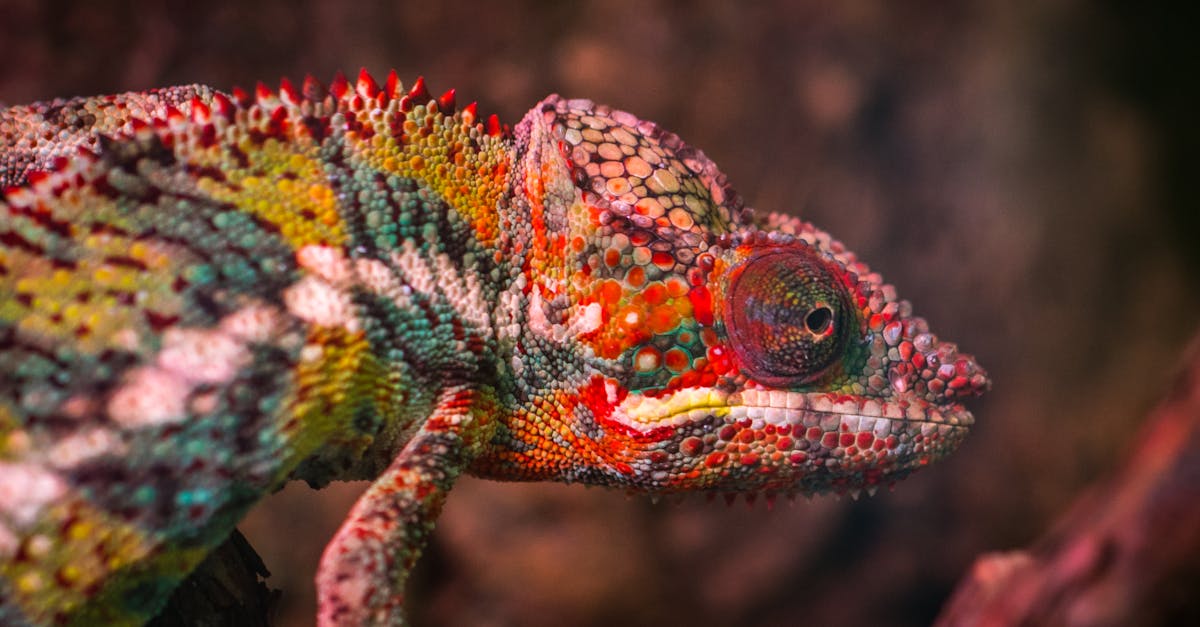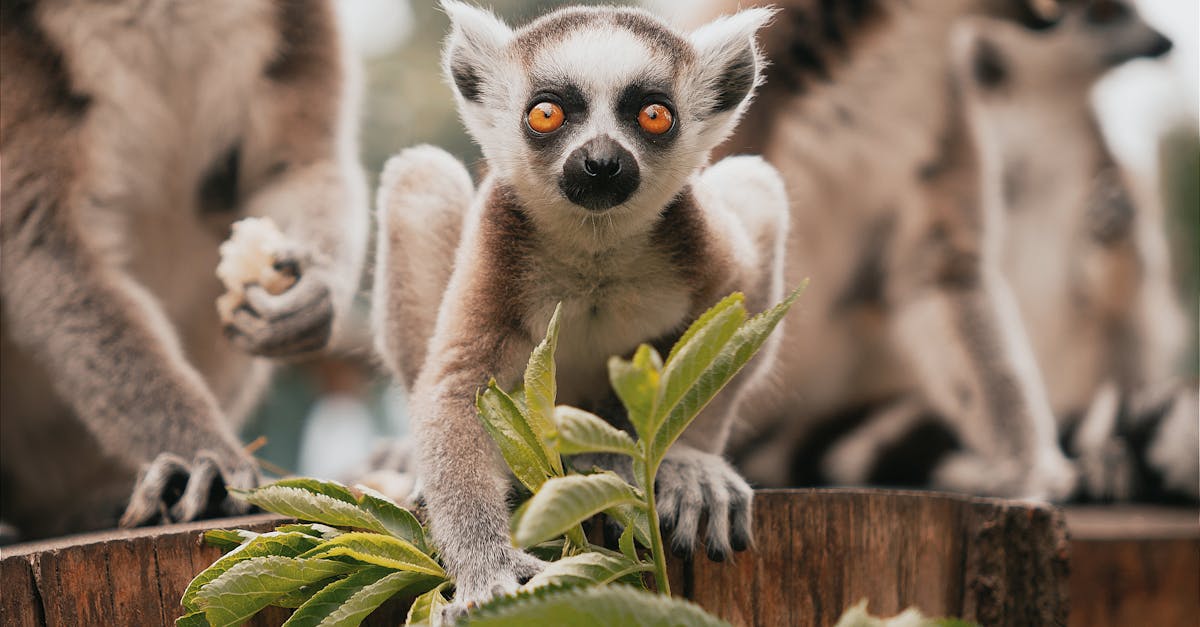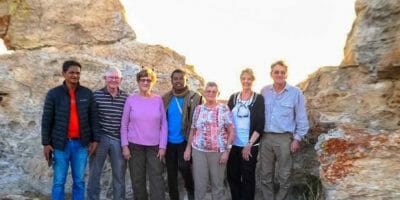A dive into the heart of Madagascar: an unknown natural and cultural heritage in 2025
Madagascar, this immense and singular island located in the Indian Ocean, continues to fascinate by its various landscapes, its exceptional biodiversity and its rich cultural heritages. In 2025, this destination is still unknown for many, but it conceals unsuspected treasures that deserve careful exploration. The presence of national parks like Madagascar National Parks and the capacity of its communities to preserve their rural heritage make this island essential for any conscious and committed travel initiative. The confluence between rare biodiversity, ancestral traditions and a major conservation challenge invites to a collective reflection on the way in which we valuize and protect these unique spaces. The evolution of the tourism sector, orchestrated in particular by actors such as Air Madagascar and Ravinala Airports, remains an essential lever for sustainable development, while preserving the authenticity of emblematic sites.

Madagascar’s major role in preserving global biodiversity
On a planetary scale, Madagascar occupies a singular place. In 2025, around 90% of its flora and fauna were endemic, testifying to the originality of its ecosystem. The richness of the Madagascar National Parks, such as Andasibe-Mantadia or Ranomafana, allows not only the conservation of these species but also their in-depth study. Beyond its biodiversity, Madagascar is a model in terms of environmental protection, facing crucial challenges such as deforestation, rampant urbanization and climate change.
- 🌿 More than 5,000 endemic plant species
- 🦎 More than 300 species of endemic animals, some of which are very threatened such as Vaquita or Indri
- 🛡️ Active procedures to preserve the rain forest which still covers a large part of the island
Federating all local and international actors, these conservation initiatives seek to establish a lasting balance. The collaboration between structures like Bora Dive & Research, specialized in marine ecotourism, and institutions like Cotona, integrated into the management of natural resources, illustrates this essential synergy in 2025. The need for a collective commitment is essential to safeguard this exceptional heritage in the face of rapid expansion tourism prosperity, in particular thanks to airlines like Air Madagascar and Airports.
The major challenges of sustainable management of natural resources in Madagascar
Faced with the multiple pressures exerted on the Malagasy environment, enlightened and responsible management becomes imperative. Massive deforestation, fueled by the exploitation of precious wood and agricultural expansion, weakens the ecological stability of the island. The question of sustainability is at the center of debates, especially in the context of projects like Ambatovy, which, while being a source of economic growth, also raises concerns about the environmental and social impact. The growth of ecotourism, favorable to awareness, must be accompanied by strict supervision to prevent the destruction of habitats and the extinction of rare species.
| Problems encountered | Impact | Solutions proposed |
|---|---|---|
| 🌳 Accelerated deforestation | 🦋 Loss of biodiversity, fragility of ecosystems | 📈 Strengthening of reforestation and sustainable management policies |
| 🚢 Mining and intensive fishing | 🎣 Degradation of underwater and land habitats | 🔒 Strict regulations and enhanced monitoring |
| 🌱 Fast urbanization | 🏙️ Fragmentation of natural habitats | 🌍 Integrated ecological urban planning |
The success of these approaches is based on effective cooperation between local actors – such as the Madagascar relay, which works for community development – and international partners engaged in a responsible approach. The implementation of concrete strategies requires unwavering collective mobilization, in order to respond to crucial issues for 2025 and beyond.



Madagascar’s tourist potential: strategies and perspectives for 2025
The tourism sector is one of the keystones for the socio -economic development of Madagascar. In 2025, tourism governance was moving towards a valuation of its heritage, whether it is its paradisiacal beaches or its cultural sites like those of the Vezo population, famous for their traditional fishing. The modernization of infrastructure, in particular through partners such as Madagascar and Ravinala Airports, has increased attendance, while accentuating the need to preserve the authenticity of the places visited.
- 🌎 Development of ecotourism circuits through Madagascar Voyages
- 🏝️ Valorization of sites like Nosy Be or Sainte-Marie
- 🤝 Commitment to responsible and united tourism
Initiatives such as the ripens, a symbol of the local economy, or Bora Dive & Research, help to offer travelers an authentic experience, while generating income for communities. The key lies in balanced management, integrating the awareness of tourists and sustainable development.
Social and cultural issues related to the preservation of Madagascar
Beyond environmental considerations, the safeguarding of the Malagasy cultural heritage requires special attention. The traditional practice of Famadihana, this ceremony of reversing the dead, maintains alive an ancestral culture but often arouses debates, especially in the face of the foreign press and the uninitiated spectators. In 2025, the need for a respectful dialogue between modernity and traditions became the cornerstone to convince an international audience and preserve this singular identity.
- ✨ Respect and awareness around cultural practices
- 🎭 Promotion of local crafts, in particular the manufacture of Betsa fabrics and wood sculpture
- 📚 Education of young generations to history and traditions
The initiatives such as the Madagascar relay participate in this mission by supporting cultural events, by promoting cultural tourism and by ensuring a relay between generations to transmit this knowledge. The richness of this millennial culture constitutes a force, if it is framed with discernment and respect.



Foreign and local investments in the service of sustainable development in Madagascar
Foreign direct investments play a decisive role in the deployment of structuring projects, particularly in the mining sector with Ambatovy or in industrial development with local players. The sustained growth in infrastructure results in an improvement in commercial flows, roads and airports, such as Ravinala Airports, facilitating mobility and the dissemination of the local economy. Cooperation with the private sector and public institutions has enabled Madagascar to build an environment conducive to a balanced development dynamic.
| Strategic sectors | Investments (in millions of dollars) | Impact expected in 2025 |
|---|---|---|
| 🌱 Natural and mines resources | 500 | ✨ Revaluation of stocks and job creation |
| 🌊 Renewable energies | 300 | 🔆 Increased energy autonomy and reduction in environmental impact |
| 🏢 Infrastructure and transport | 450 | 🚗 Better connectivity and trade facilitation |
These investments, supervised by reinforced governance, embody the desire to build a lasting future. The strategic vision for 2025 is based on international mobilization, in particular through collaborations with entities such as Madagascar Voyages, in order to achieve inclusive development and respectful of natural resources.
Geopolitical and social challenges by 2025
Finally, Madagascar has to face complex geopolitical and social issues. The question of regional cooperation, especially with the communities of southern Africa and the Indian Ocean, remains strategic to ensure stability and growth. Participation in international forums, such as the SADC summit or cooperation with the African community, is part of an approach aimed at strengthening the voice of Malagasy partners.
- 🌍 Reinforcement of strategic alliances
- 🤝 Commitment to regional security programs
- 📈 Socio-economic stabilization in the face of persistent poverty
Social movements and efforts in favor of national cohesion also represent a major challenge. Awareness of the need for inclusive and fair development must supervise any approach in 2025 to guarantee a united future.
Frequent questions about Madagascar in 2025
What is the best time to visit Madagascar? The ideal period extends from May to October, during the dry season, which ensures a favorable climate to explore its parks and beaches, while avoiding the cyclonic season.
How to travel responsible for Madagascar? By choosing operators committed like Madagascar Voyages and respecting localities and cultures, it is possible to contribute to the preservation of the island. Participation in activities supported by Relais Madagascar or Bora Dive & Research promotes sustainable tourism.
What essential sites in 2025? Among the places not to be missed are the Park of Andasibe-Mantadia, the Bay of Nosy Be, or the Tsingy of Bemaraha, listed as a UNESCO World Heritage.
Source: sailsetvoilers.ouest-france.fr











